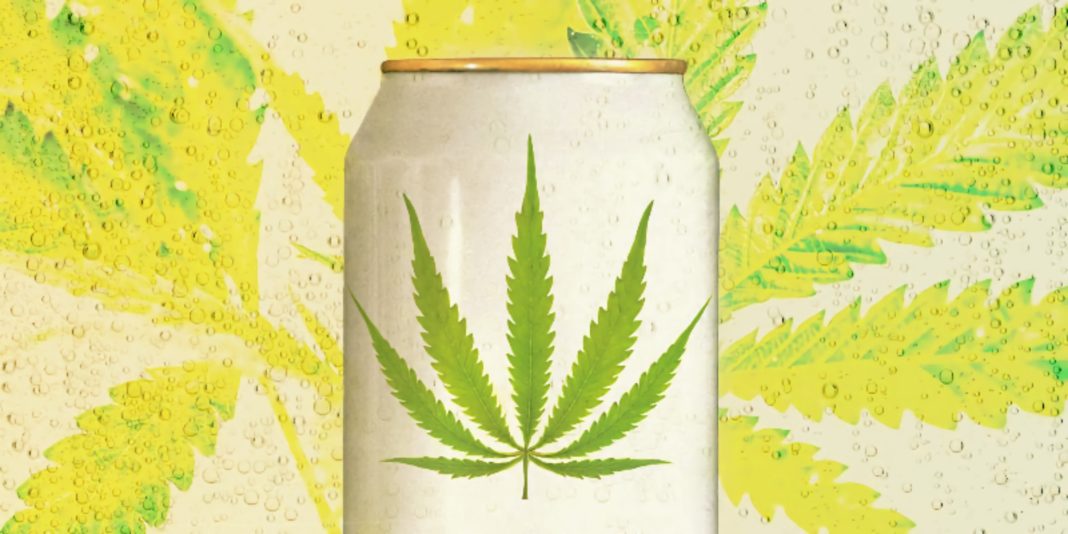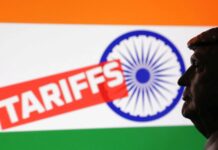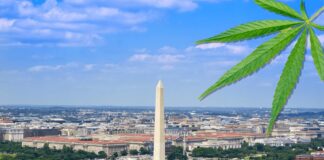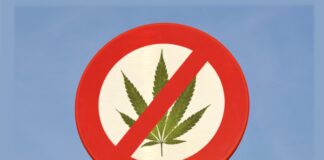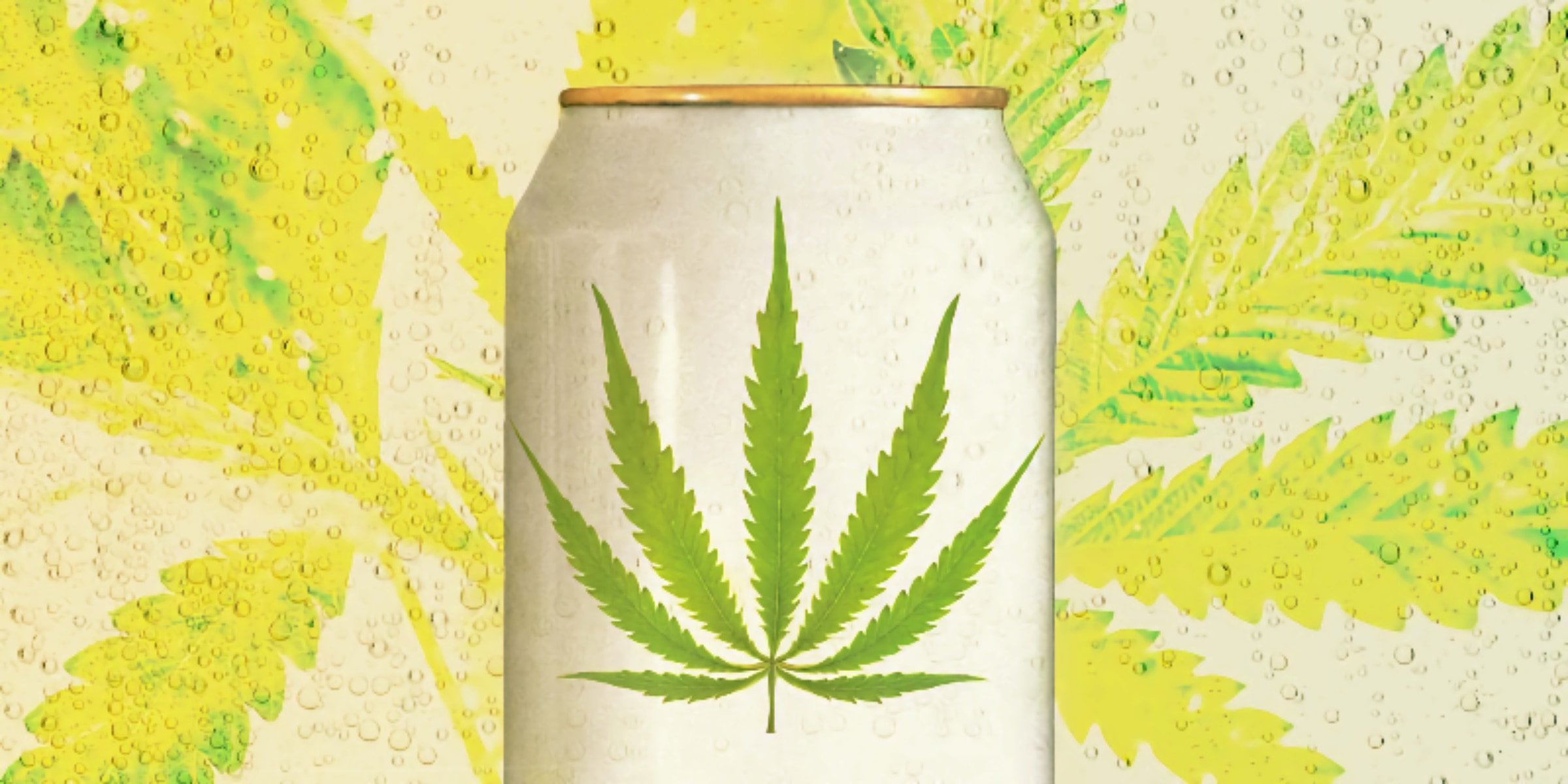
The prevalence of canned drinks infused with THC and/or CBD is growing by the week. Politico has taken a pretty interesting look into this new channel.
The amount of money it’s garnered has shot up to double the amount in two years, projected at $421 million for 2021. By 2025, it’s predicted to reach $1 billion. Still a small fraction of overall marijuana sales, but enough to attract the attention of quite a few alcohol companies, including Pabst Blue Ribbon, Bud Light, and Lagunitas.
The federal ban on mariuana, however, makes it a much more expensive production process than alcohol. Separate production facilities need to be set up in each state where it is legal, whereas centralized production is the norm for large-scale alcohol companies.
Also, marijuana that isn’t in the form of smoke is usually a tough sell for casual users. Edibles in particular have a pretty fear-based stigma surrounding them.
“One of our biggest things that we always have to combat is the brownie story that everybody seems to have,” Tharp said. “Where people didn’t seem to know how much they took, and then two hours later they took too much and it was a horrible experience.”
Cannabis infused drinks certainly falls into this category.
An interesting point made in Politico’s article is regarding the obstacle of budtenders with a high tolerance. These employees tend to push newer smokers into buying products that have higher THC levels, unaware of how much they could effect customers just trying to dip their toes into the market.
So the second issue here fights against lower potency drinks, which are low potency in the first place to combat the former issue of a general fear in edibles.
So the goal of most major cannabis infused drink companies is to be released from the umbrella of edibles. Create their own identity. And when that occurs, we’ll probably be seeing many more instances of bringing six packs of weed to summer social gatherings across the country.
Read the original story here.


